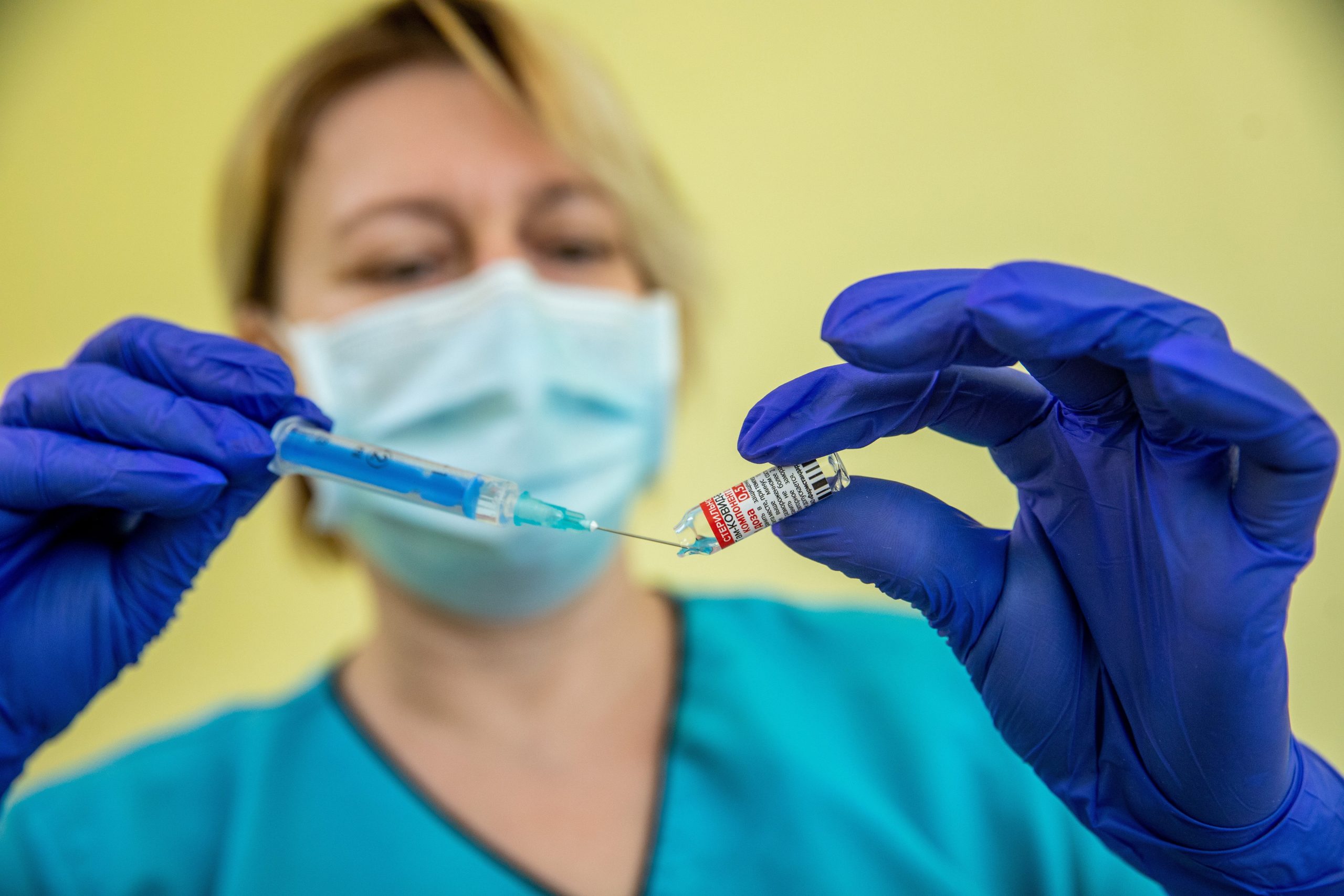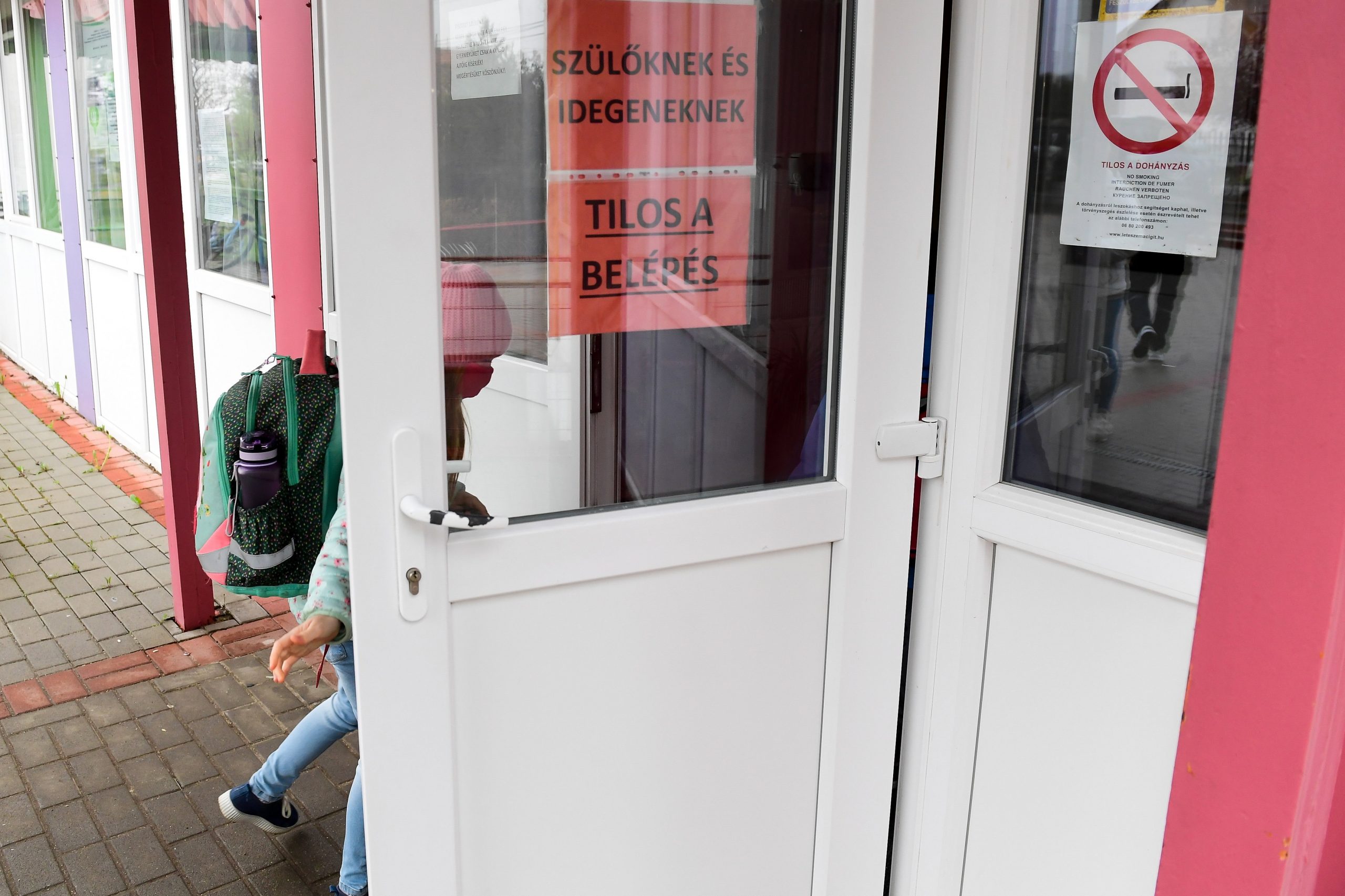
More than 40 percent of the 16-18 year olds have registered to receive a jab.Continue reading

Hungary’s school year will begin again on September first. While some experts warn that the beginning of the school year could seriously boost the severity of the fourth Covid wave in Hungary, the government does not seem to be worried. According to the minister responsible for public education, the current start of the school year is much safer than a year ago because of the vaccination of students and teachers.
In a few days, Hungarian students will be back in school starting their next academic year. Despite Covid numbers increasing slowly but surely, there are no talks of a September school closure, nor even of compulsory mask-wearing, and with 90 percent of teachers vaccinated and a four-day vaccination campaign organized for students over 12, the Orbán government is being decidedly optimistic and clearly expects in-person education.
Hungary was among the first European Union countries to make vaccination for teenagers available. The inoculation of registered 16-18-year-olds started in May followed by 12-15-year-olds in June. Around 168,000 students over the age of 12 have been vaccinated so far, which is roughly 27% of the 12-17 age group. Another mass vaccination campaign will also be held in schools on 30 and 31 August and 2 and 3 September so the number of vaccinated teens will likely increase somewhat after the first week of school.
Meanwhile, experts warn that the number of Covid cases will likely rise shortly after the start of the academic year.
Virologist Miklós Rusvai believes it would have been better if the children had received their second vaccination by mid-August, so that they would have been fully immune for the start of school.
“But better later than never! At least the vaccination campaign will be launched before the epidemic gets ugly,” the expert told Blikk.
According to Rusvai the virus will ramp up in October, but it can already be seen from the wastewater data that the Saint Stephen’s Day celebration on 20 August already had a negative impact on the rate of spread of the virus.
“In Budapest and Szeged we have seen an increase in concentration. From next week, we are likely to see this in the number of people infected with the coronavirus.”
Children have been away camping and on holidays, but now they will suddenly be entering large, concentrated groups once again, where the virus can easily spread, and the case numbers will increase again 8-10 days after school starts, the virologist added.
Ferenc Falus, former chief medical officer and former leftist candidate for Budapest leadership, said that strict measures should be taken in schools. The most important would be compulsory mask wearing and keeping a distance, but it would also help if children in Hungary were regularly tested, following the example of Western countries.
Despite warnings from experts, recent statements seem to indicate that the Orbán government is confident that vaccinations will provide sufficient protection and that there will not be a sudden outbreak in September.
Katalin Novák, the minister without portfolio for families, said on Tuesday that the school year could safely start in September, with the current epidemic situation allowing for “in-person education”.
This was also confirmed by Zoltán Maruzsa, state secretary for education. He said at the beginning of July that they were preparing for a normal school start because 90 percent of teachers had been vaccinated, “so we do not have to worry about teaching staff being infected”.
Human Resources Minister Miklós Kásler recently shared a similar view. According to the minister, the current start of the school year is much safer than a year ago, because of the vaccination of students and teachers. That is why – just as in everyday life – masks and body temperature measurement are no longer compulsory in kindergartens and schools.
Strangely enough, unlike in public education, the academic year will start much more cautiously in Hungary’s higher education institutions.
At the Eötvös Loránd University and the Budapest University of Economics and Business, several lectures will only be held online, regardless of the epidemic situation. Meanwhile, face masks will be mandatory at Semmelweis University for the unvaccinated and for everybody at Károli Gáspár University.
Featured photo illustration by Szilárd Koszticsák/MTI